Refine listing
Actions for selected content:
2333 results in Cambridge Elements
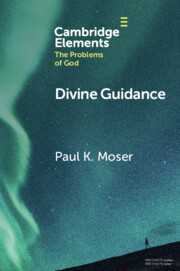
Divine Guidance
- Moral Attraction in Action
-
- Published online:
- 15 September 2022
- Print publication:
- 20 October 2022
-
- Element
- Export citation
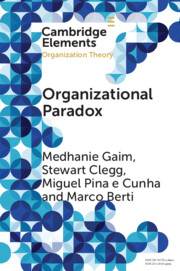
Organizational Paradox
-
- Published online:
- 13 September 2022
- Print publication:
- 22 September 2022
-
- Element
- Export citation
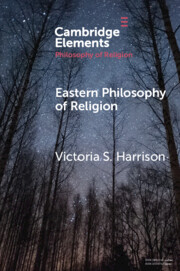
Eastern Philosophy of Religion
-
- Published online:
- 12 September 2022
- Print publication:
- 06 October 2022
-
- Element
- Export citation
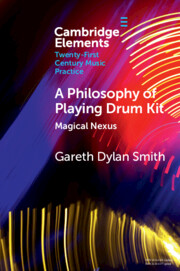
A Philosophy of Playing Drum Kit
- Magical Nexus
-
- Published online:
- 12 September 2022
- Print publication:
- 06 October 2022
-
- Element
- Export citation
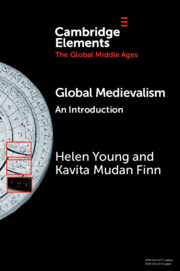
Global Medievalism
- An Introduction
-
- Published online:
- 12 September 2022
- Print publication:
- 06 October 2022
-
- Element
- Export citation
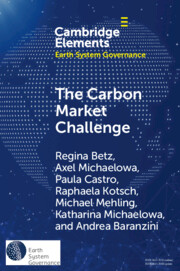
The Carbon Market Challenge
- Preventing Abuse Through Effective Governance
-
- Published online:
- 12 September 2022
- Print publication:
- 06 October 2022
-
- Element
-
- You have access
- Open access
- HTML
- Export citation
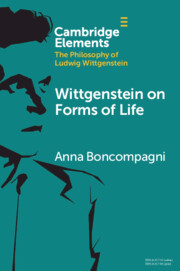
Wittgenstein on Forms of Life
-
- Published online:
- 12 September 2022
- Print publication:
- 06 October 2022
-
- Element
- Export citation

Bach, Handel and Scarlatti
- Reception in Britain 1750–1850
-
- Published online:
- 09 September 2022
- Print publication:
- 15 September 2022
-
- Element
- Export citation
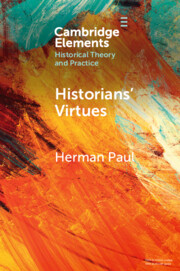
Historians' Virtues
- From Antiquity to the Twenty-First Century
-
- Published online:
- 09 September 2022
- Print publication:
- 22 September 2022
-
- Element
-
- You have access
- Open access
- HTML
- Export citation
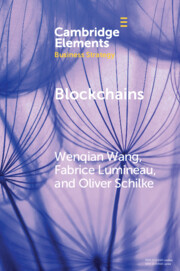
Blockchains
- Strategic Implications for Contracting, Trust, and Organizational Design
-
- Published online:
- 09 September 2022
- Print publication:
- 06 October 2022
-
- Element
- Export citation
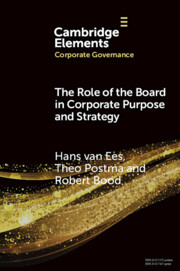
The Role of the Board in Corporate Purpose and Strategy
-
- Published online:
- 08 September 2022
- Print publication:
- 15 September 2022
-
- Element
- Export citation
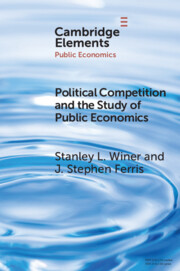
Political Competition and the Study of Public Economics
-
- Published online:
- 07 September 2022
- Print publication:
- 06 October 2022
-
- Element
- Export citation
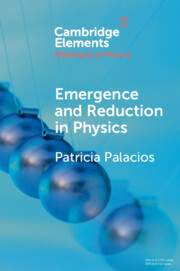
Emergence and Reduction in Physics
-
- Published online:
- 06 September 2022
- Print publication:
- 06 October 2022
-
- Element
- Export citation
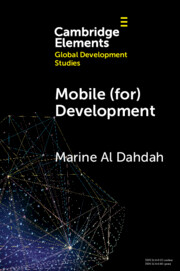
Mobile (for) Development
- When Digital Giants Take Care of Poor Women
-
- Published online:
- 02 September 2022
- Print publication:
- 15 September 2022
-
- Element
- Export citation
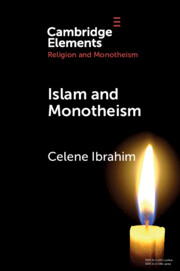
Islam and Monotheism
-
- Published online:
- 02 September 2022
- Print publication:
- 15 September 2022
-
- Element
- Export citation
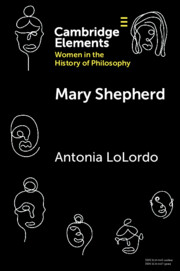
Mary Shepherd
-
- Published online:
- 01 September 2022
- Print publication:
- 08 September 2022
-
- Element
- Export citation
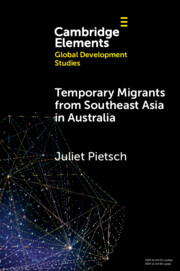
Temporary Migrants from Southeast Asia in Australia
- Lost Opportunities
-
- Published online:
- 01 September 2022
- Print publication:
- 15 September 2022
-
- Element
- Export citation
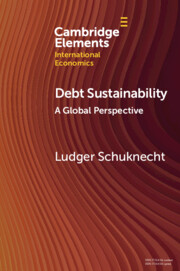
Debt Sustainability
- A Global Perspective
-
- Published online:
- 31 August 2022
- Print publication:
- 15 September 2022
-
- Element
- Export citation
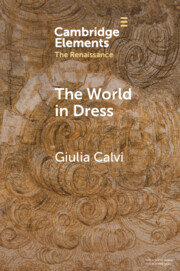
The World in Dress
- Costume Books across Italy, Europe, and the East
-
- Published online:
- 29 August 2022
- Print publication:
- 15 September 2022
-
- Element
- Export citation
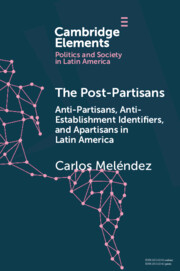
The Post-Partisans
- Anti-Partisans, Anti-Establishment Identifiers, and Apartisans in Latin America
-
- Published online:
- 29 August 2022
- Print publication:
- 08 September 2022
-
- Element
- Export citation
